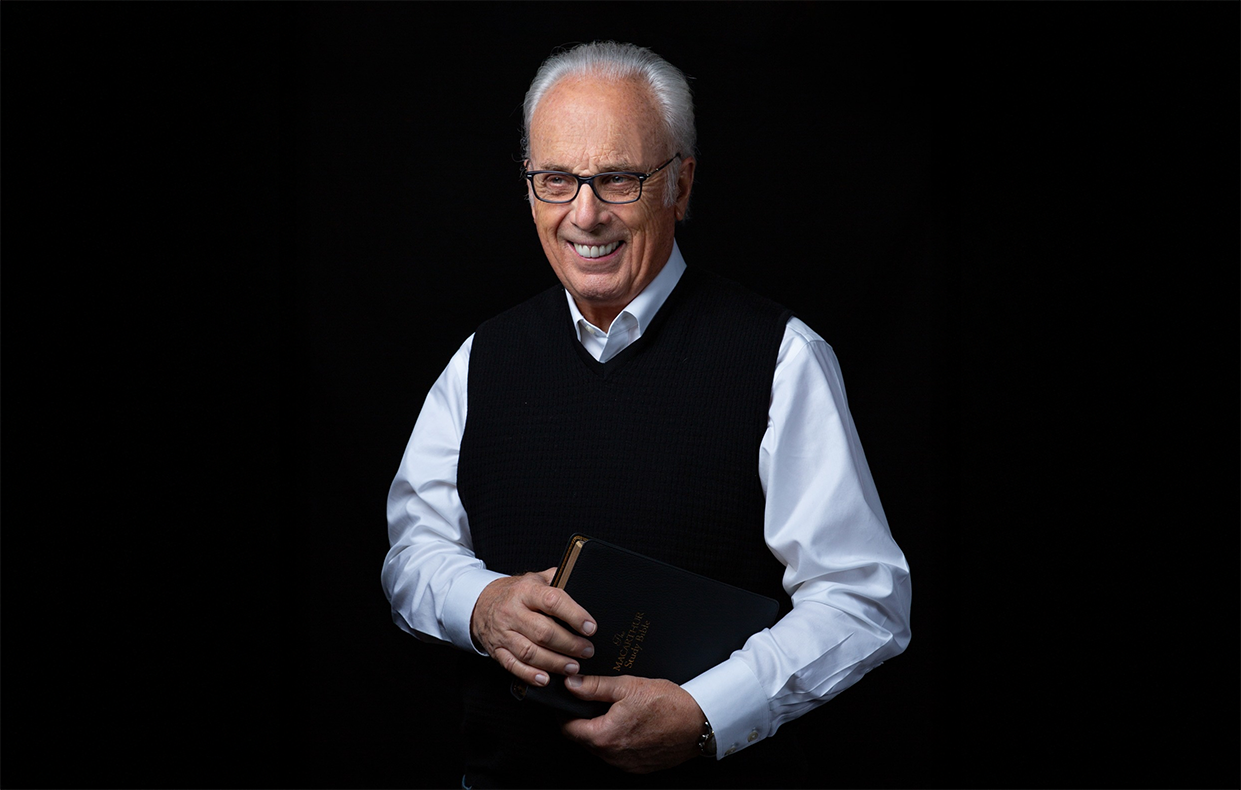Arminian vs Calvinism Theology
The doctrine of salvation has long been a dividing line within Christian theology. Two of the most prominent perspectives are Arminian theology and Calvinistic theology of salvation. Pastor and teacher John MacArthur has consistently voiced strong critiques of Arminian theology, presenting a distinctly Reformed view rooted in God’s sovereignty and grace.
This article explores MacArthur’s perspective on the subject, the key areas of disagreement, and how his critique helps clarify the gospel message.
Table of Contents
What Is Arminian Theology of Salvation?

Arminian theology, derived from the teachings of Jacobus Arminius, emphasizes human free will in the process of salvation. It teaches that while God’s grace initiates salvation, man must cooperate by choosing to accept Christ. Arminians generally affirm that Christ died for all people, but the application of salvation depends on each person’s response.
Key features include conditional election (based on foreseen faith), resistible grace, and the possibility of falling away from salvation.
John MacArthur’s Reformed Perspective

John MacArthur, a well-known Reformed pastor and author, rejects the Arminian theology of salvation, affirming instead the doctrines of grace summarized in Calvinism. His position highlights the biblical truth that salvation is entirely of God—planned, accomplished, and applied by Him alone. MacArthur often emphasizes that to diminish God’s sovereignty in salvation is to elevate man’s will above divine grace.
Key Points of Critique by John MacArthur
Free Will vs. Sovereign Grace
MacArthur argues that human free will is enslaved to sin apart from God’s intervention. In contrast to the Arminian claim that man can freely choose Christ, MacArthur insists that sinners are spiritually dead and unable to respond apart from God’s regenerating work.
Conditional Election vs. Unconditional Election
Arminian theology posits that God elects individuals based on foreseen faith. MacArthur critiques this by stressing unconditional election, teaching that God’s choice is based solely on His sovereign will and not on human decision.
Resistible vs. Irresistible Grace
According to Arminians, God’s grace can be resisted by human will. MacArthur contends that this undermines God’s power. Instead, he defends irresistible grace—that when God calls a sinner to salvation, His Spirit effectively overcomes resistance and brings the sinner to Christ.
Assurance of Salvation
Arminianism often leaves believers uncertain of their eternal security, since salvation could theoretically be lost. MacArthur emphasizes the perseverance of the saints, assuring believers that God keeps His elect secure until the end.
Arminian Theology vs. Calvinism: A Comparison
| Doctrine | Arminian Theology | Reformed Theology (MacArthur’s View) |
|---|
| Human Will | Free to accept or reject grace | Enslaved to sin until God intervenes |
| Election | Conditional, based on foreseen faith | Unconditional, based solely on God’s will |
| Extent of Atonement | Universal (Christ died for all) | Definite (Christ died for the elect) |
| Grace | Resistible | Irresistible |
| Perseverance | Believers may fall away | Saints persevere through God’s power |
Why John MacArthur Stands Against Arminianism

John MacArthur views Arminian theology as a distortion of the gospel message. By placing human decision at the center, he argues, it undermines the sufficiency of God’s grace and the finality of Christ’s atonement. For MacArthur, the glory of salvation belongs to God alone, not shared between divine sovereignty and human effort.
He consistently emphasizes passages such as Ephesians 2:8–9, which declare salvation as the gift of God, not the result of works. For MacArthur, to embrace Arminian theology is to risk giving man credit for what belongs only to the Lord.
Conclusion
John MacArthur’s critique of the Arminian theology of salvation reflects a firm Reformed stance that exalts God’s sovereignty, grace, and glory. While Arminianism emphasizes human choice, MacArthur underscores the biblical truth that salvation is entirely the work of God, from start to finish. In the ongoing debate between Arminian and Reformed theology, his voice continues to call believers back to the central truth: salvation is by grace alone, through faith alone, in Christ alone—Soli Deo Gloria.
Brother, are you really a Christian? by Paul Washer
Official Merch Store is Live! Every purchase supports the channel and keeps this ministry going









+ There are no comments
Add yours